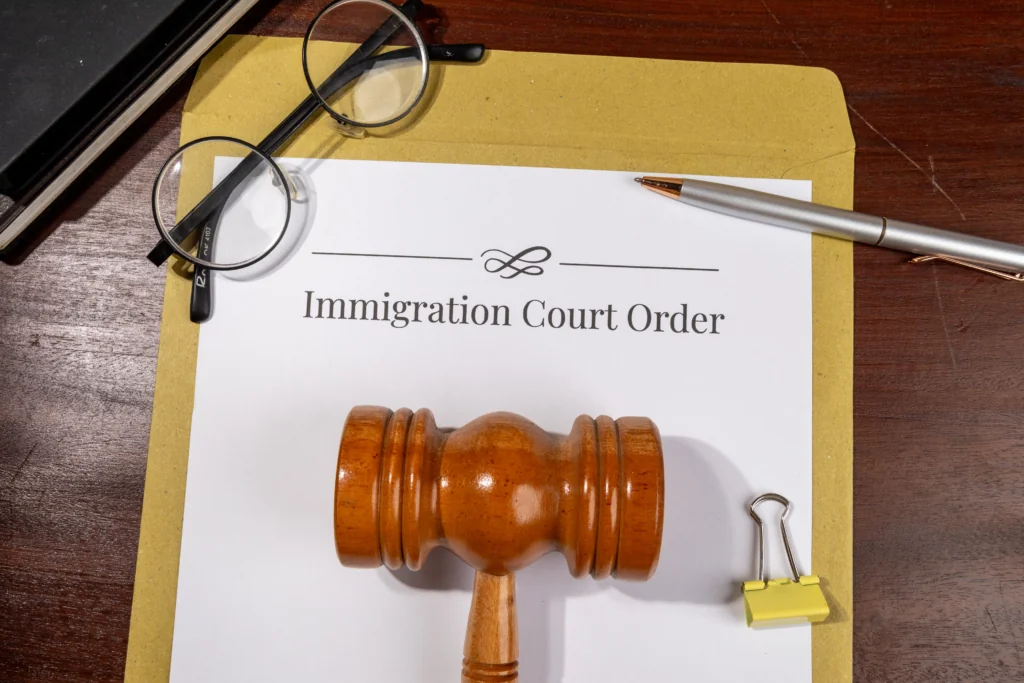A landmark Federal Court ruling could signal hope for entrepreneurs facing endless delays in Canada’s Start-Up Visa program
If you’re an entrepreneur caught in Canada’s Start-Up Visa processing limbo, a recent Federal Court decision might offer a glimmer of hope. In April 2025, the court ordered Immigration, Refugees and Citizenship Canada (IRCC) to make a decision on a dentist-inventor’s SUV application that had been stalled for over five years.

If you’re an entrepreneur caught in Canada’s Start-Up Visa processing limbo, a recent Federal Court decision might offer a glimmer of hope. In April 2025, the court ordered Immigration, Refugees and Citizenship Canada (IRCC) to make a decision on a dentist-inventor’s SUV application that had been stalled for over five years.
Dr. Amirhossein Majidi, a dentist who invented a “dental implant prosthetic and surgical life-saving kit” with patents in Canada, the US, and the EU, applied for permanent residence through the Start-Up Visa program in December 2019. His business plan involved manufacturing, marketing, and selling his patented device to dentists in Canada.
Fast-forward to 2025: still no decision.
Frustrated by the endless wait, Majidi took the government to court—and won.

The timeline reveals a familiar pattern that many Start-Up Visa applicants will recognize:
The government’s excuse? Security screening was still ongoing for a family member of one of Majidi’s co-applicants. Under Start-Up Visa rules, if one essential applicant is refused, all related applications must be refused together.
Federal Court Justice A. Grant didn’t buy the government’s explanation. Here’s what he ruled:
This decision could be significant for entrepreneurs facing similar delays because:

This case highlights ongoing systemic issues with Canada’s Start-Up Visa program:
While this decision is encouraging, it’s just one case. The Start-Up Visa program needs broader reforms to live up to its promise of attracting innovative entrepreneurs to Canada.
For now, entrepreneurs should:
The Majidi decision sends a clear message: Canada’s immigration system can’t use vague security concerns to indefinitely delay decisions that affect people’s lives and businesses. For entrepreneurs trapped in the Start-Up Visa maze, that’s a welcome development.
If your Start-Up Visa application has been significantly delayed, consider consulting with an immigration lawyer familiar with mandamus applications to understand your options.
